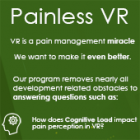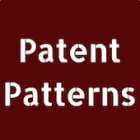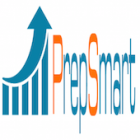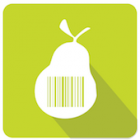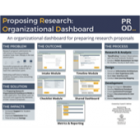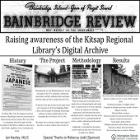
Organizing Institutional Restrictions for Books to Prisoners
Books to Prisoners (BTP), a Seattle-based nonprofit organization, provides free books on request to incarcerated individuals throughout the United States in an effort to foster the love of reading, encourage self-improvement, and break the cycle of recidivism. BTP’s largest budgetary expenditure is postage on book shipments. Of these, up to 10% are refused and returned by institutions, at BTP’s expense, because they were found to violate restrictions on inmate access to reading material that can vary by state, county, and institution. Due to limited resources, BTP has been unable to effectively organize these restrictions, resulting in thousands of dollars in wasted postage. Our team analyzed BTP’s existing documentation, established a standardized vocabulary and structure for the information, and designed a comprehensive information system for institutional restrictions. Use of this system is expected to reduce returned shipments and to also furnish data that will assist in securing grant-based funding.

